There is change in educational paradigms. The old model was based on classroom lectures, passive absorption, individual work, omniscient teacher, stable content and homogeneity. The new model is based on individual exploration, apprenticeship, team learning, teacher serving as a guide, fast changing content, and diversity in course contents. The technological implications of the new model networked workstations, collaborative tools, and skill development simulations. Flexible and open learning are the manifestation of this shift. It is now possible for the learner to learn at his own speed and convenience. As such, it is proper that we teach about networks as well as use these networks in teaching LIS programmes in South Asia. The main problem in conceiving, delivering and evaluating the contents of various courses at different levels is that not all the departments of library science in South Asia re having equal infrastructure, course material and specialized faculty. No single department is in a position to modernize its curricula without taking note of its delivery and evaluation. At the national level, efforts should be made in South Asian countries to provide adequate infrastructure to the institutions running LIS programmes. For the strength and success of a profession, professional education plays a vital role. In the fast changing scenario it is important to discuss and deliberate on this important subject. Peers in the field of library profession and library education have joined hands together to analyze and examine some of the problems being faced by LIS education in South Asia because of the changing environment with a view to offering feasible solutions. This book is a result of this collaboration. The contents of this book, it is believed, shall be useful to the teachers of Library and Information Science, as also the working librarians. They know that LIS education needs keeping pace with the ever-changing scenario, if it is to be relevant.
LIS Education in South Asia: Progress, Problems and Prospects
$28.80
$32.00
In stock
Free & Quick Delivery Worldwide
All orders amounting to US$ 50 or more qualify for Free Delivery Worldwide. For orders less than US$ 50, we offer Standard Delivery at $14 per book.
ABOUT THE AUTHOR P.B. Mangla
Professor P.B. Mangla was born at Chhachhrauli (now Haryana) on the 5th July 1936. He did his M.A. in History from the Panjab University, and M.Lib. Sc. From the University of Delhi. He joined as a Lecturer in the Department of Library Science of Delhi University in 1959. In the same Department, he was appointed as the Reader in 196 and Professor in 1972. The last position he held for about 25 years. During his long association with Delhi University, Professor Mangla headed the Department of Library and Information Science for varying durations till 1996. He was also the Dean, Faculty of Arts of the University from 1976 to 1978 and again, from 1984 to 1988. In addition he was the Dean, Post-Graduate (Evening) Classes. Later from 1979 to 1985 he took over as the Chairman of the Board of Research Studies (Humanities). While service the Delhi University, Professor Mangla went to Iran twice, first as the Professor and Head, Department of Library Science, Tabriz University, from 1970 to 1972, and then as a Visiting Professor there during 1974-75. An during 1978-79, he served as the UNESCO Consultant in Guyana (West Indies). Outside Delhi, many Indian Universities sought the benefit of Professor Mangla’s advice on professional matters. At the national level, there has been hardly any committee or commission with which he has not been associated either as a member or chairman. He has been the President of ILA during 1981-83. Not only at home, but at the International level too, Professor Mangla has been the Member of IFLA during 1985 to 91. From 1987 till 1991, he was the Vice-President of IFLA. He has delivered numerous lectures and addresses at various Universities and Institutions. Besides his many publications he has been the Chairman, Board of Editors, Journal of Library and Information Science. He is a widely traveled person and has visited as many as 35 countries.
ABOUT THE AUTHOR R.G. Prasher
Dr. R.G. Prasher is presently UGC Visiting Professor at Punjabi University Patiala. He has been the Professor & Head of Department of Library & Information Science as also Dean, Faculty of Arts at Dr. H.S. Gour University, Sagar (M.P.) Earlier he was the University Librarian at the Rajendra Agricultural University, Pusa and Guru Nanak Dev University, Amritsar. An author of many books, his contribution to LIS literature is significant.
reviews
0 in total
Review by Anonymous
Be the first to review “LIS Education in South Asia: Progress, Problems and Prospects” Cancel reply
You must be logged in to post a review.
Bibliographic information
Title
LIS Education in South Asia: Progress, Problems and Prospects
Author
Edition
1st ed.
Publisher
ISBN
8188252131
Length
xii+311p., Tables; References; Notes; 23cm.
Subjects
more by R.G. Prasher see more
India’s University Libraries: Organisation, Operation and Services
India’s University ...
$33.25
$35.00
similar bookssee more
The Anthropology of Values: Essays in Honour of Georg Pfeffer
This collection of essays ...
$48.60
$54.00
A Study of Polyandry in Indian Sub Continent
$106.20
$118.00

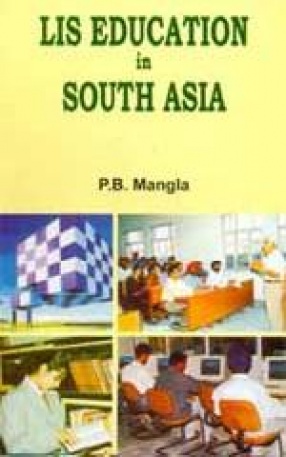
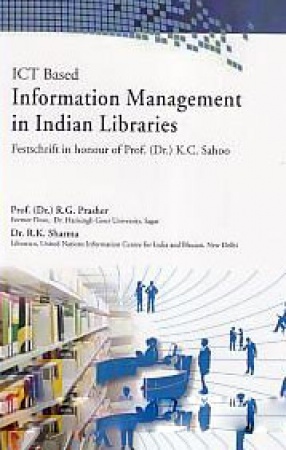
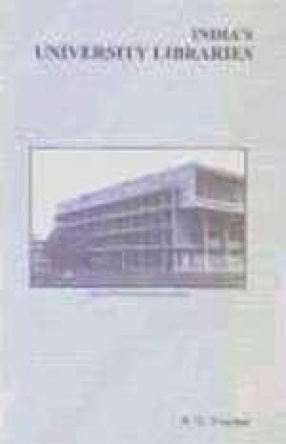
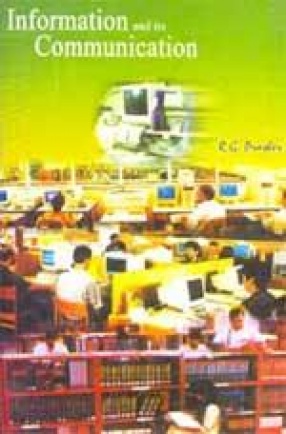

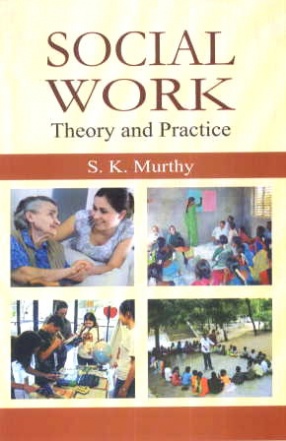
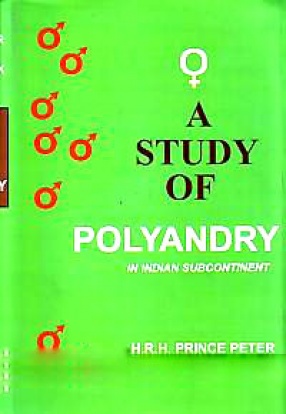
There are no reviews yet.